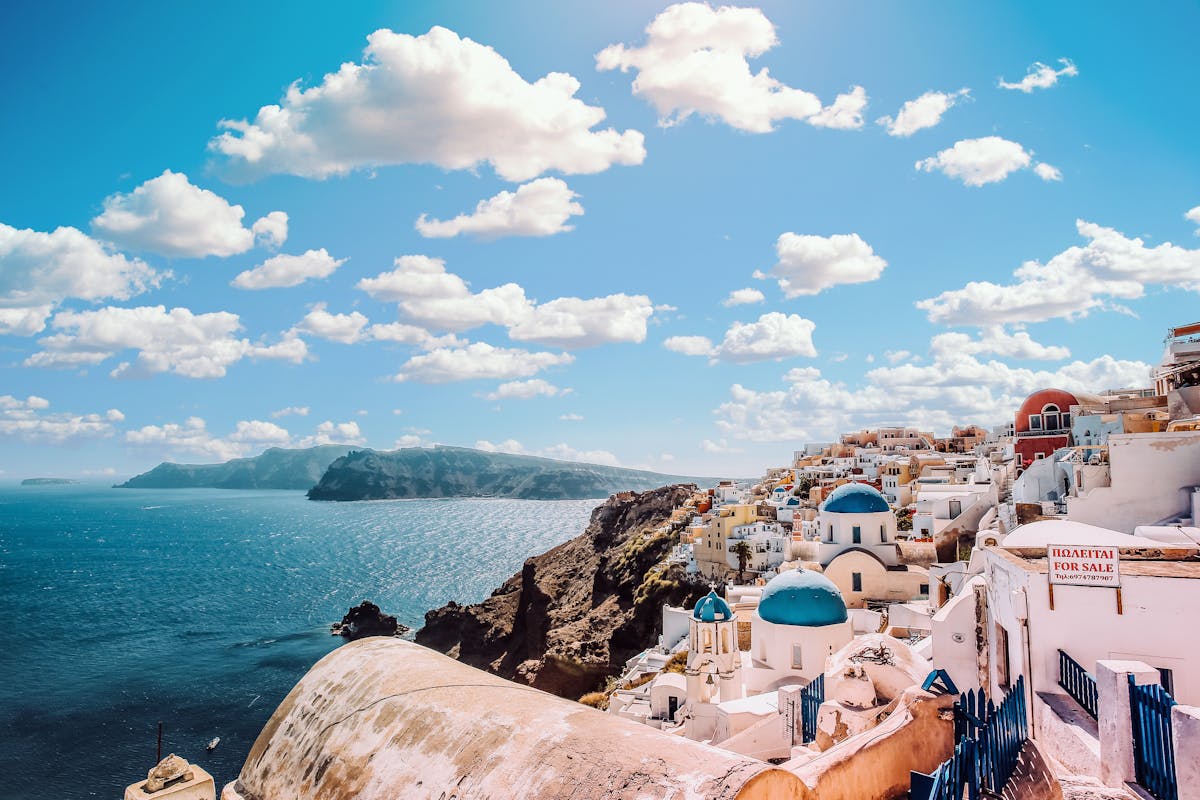
Santorini Lies on a Volcanic Time Bomb: Many Tourists Have Canceled Their Summer Reservations
At the top of Santorini’s steep cliffs lies a world-renowned tourist destination in the Aegean Sea. But beneath it lurks the risk of a devastating volcanic eruption, reports the BBC.
A few thousand years ago, the island experienced one of the most powerful volcanic eruptions in history. It shaped today’s caldera – a vast crater surrounded by a chain of horseshoe-shaped islands. Today, experts are issuing serious warnings: the next eruption could be equally destructive, according to Politika.
BBC News journalists spent a day aboard the British royal research vessel Discovery, which is searching for answers.
“Submarine volcanic eruptions can be massive and extremely destructive,” warns Professor Isobel Yeo from the UK’s National Oceanography Centre, who leads the international scientific team on the Discovery. That very ship is now mapping the dangers lurking beneath the surface of Santorini.
- Thousands Protest Against Trump in New York and Across the U.S.
- Germany hit by incredible price hikes: Prices of two food items increased the most
The concern is not theoretical. Just a few weeks earlier, nearly half of Santorini’s 11,000 residents fled the island in fear, after a series of earthquakes paralyzed daily life. It was an alarming signal that beneath the fairytale villages, gyros restaurants, pools, and vineyards on the fertile volcanic soil, two tectonic plates are colliding, writes the BBC.
Scientists are now using underwater robots, sophisticated maps, and even listening to the “sounds” of the Earth – microfractures in rocks that indicate the movement of fluids through the subsurface.
“We know more about the surface of some planets than about this seafloor,” says Yeo, adding that their goal is to gather data that would allow for timely warnings and protection of people.
Megaeruption on the Horizon
Santorini’s volcano is not the only threat. Not far away lies another submarine volcano, Kolumbo, which is also active. Scientists do not believe an eruption is imminent, but they warn that it is only “a matter of time.”
Professor Paraskevi Nomiku, a member of Greece’s Civil Protection Agency, explains that the project is crucial for the safety of local residents. “The research will designate zones that will be off-limits during an eruption and identify which parts of the seabed are the most dangerous,” she says.
The impact of volcanic activity on the economy is already being felt. Many tourists have canceled their summer reservations, and local businesses are suffering.





